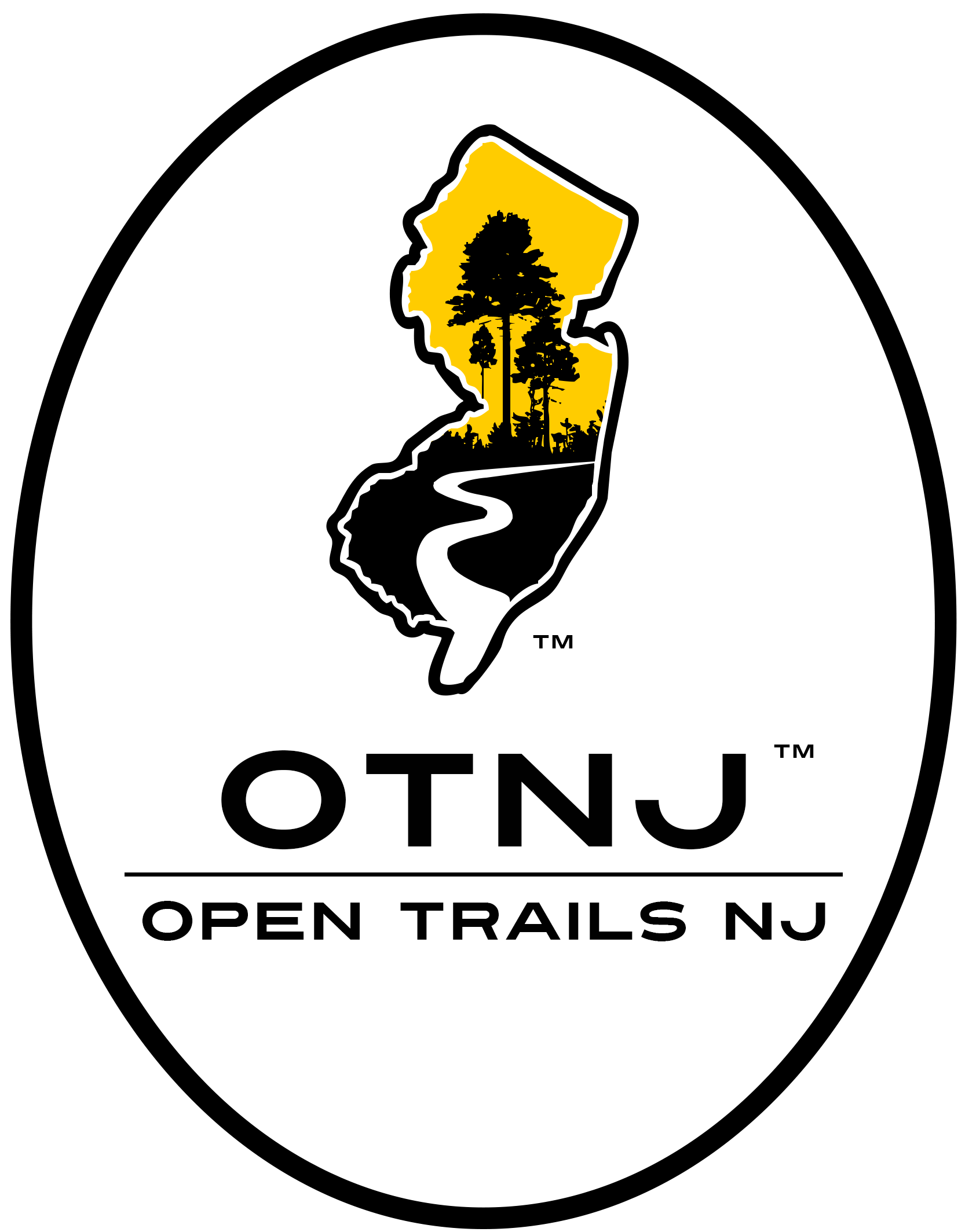After you have signed the petition and contacted your representatives, the last thing you need to do is submit your comments to the DEP.
All comments must be submitted by April 8th 2024
Submitting your comments are easy!
- Organize your comments
- Submit your comments
Step 1 – Organize Your Comments
- Define your concerns in your own words or copy the detail below and paste it into the DEP’s form:
As a passionate and responsible motorized recreation enthusiast who cherishes the diverse recreational opportunities offered by Wharton State Forest, I’m writing to express my profound disappointment and strong opposition to the proposed map of closures. This plan, far from protecting the environment or improving public safety, feels like a heavy-handed attack on the very community that cherishes and respects this natural treasure.
My concerns stem from several fundamental flaws in the proposed approach:
- Lack of consideration for alternative solutions: Closing roads appears to be the only option presented, despite offers of funding and collaboration to implement responsible recreation education and signage. These proactive measures, demonstrably effective in fostering respect for the environment and minimizing damage, seem completely absent from the current proposal.
- Misidentification of the problem: While illegal ATV/UTV use and drivers leaving the established roads are a cause for concern, targeting legal motorized vehicles is unlikely to deter trespassers. Closing legal roads will only hinder enforcement efforts and disenfranchise responsible users who often act as valuable eyes and ears, reporting illegal activity.
- Déjà vu of a failed plan: The DEP collected surveys from users of the forest and the message was clear: Of the 1,610 surveys submitted, by a nearly 3 to 1 margin, users asked for the same access they have today. “Scenic driving” and “day to day travel” were mentioned over 1,000 times. The DEP then revealed a new map which closed over 250 miles of roads and was essentially identical to the 2015 map. Not a single input from the 1,610 survey participants appears to have been taken into account.
- Exacerbating congestion and damage: By funneling a diverse user base into fewer designated areas, the proposed closures risk concentrating recreational impact and amplifying environmental damage. Instead of spreading out users throughout the forest and minimizing pressure on specific sites, this plan threatens to create recreation hotspots with intensified environmental strain.
- Questionable data and methodology: The claim that the proposed map reflects careful consideration, impact studies, and stakeholder input, yet bears remarkable resemblance to a 2015 closure plan developed without such methods, raises serious concerns about the validity and transparency of the decision-making process, as well as the arbitrary nature of human interpretation of written survey responses.
- Mischaracterizing legal roadways: It is crucial to remember that the proposed closures target established forest roads, not wilderness trails. These roads are intended for and currently restricted to road-legal, insured, and registered vehicles (motorcycles and full-sized vehicles only), demonstrably different from off-highway vehicles causing environmental damage. Almost all have been in use for several decades, with some far longer.
- Opaque land ownership claims: We urge caution against using the “land ownership” argument to justify closures. This assertion is legally contentious, with ongoing disputes between the NJDEP and at least one township regarding rights-of-way. Resolving these disputes through established legal channels should be prioritized before any unilateral action is
taken.
In conclusion, we strongly urge the NJDEP Division of Parks and Forestry to reconsider the proposed closures in Wharton State Forest. This plan, in its current form, undermines access to diverse recreation, promotes harmful stereotypes about motorized recreation, and fails to address the true source of environmental concerns. We encourage a shift towards evidence-based, collaborative solutions that prioritize education, enforcement, and responsible stewardship, ensuring that Wharton State Forest remains a vibrant and accessible recreational haven for all.
Step 2 – Submit Your Comments
- Go to the DEP’s Visiting Vehicle Use Map page
- Scroll to the bottom of the page
- Fill in your Name, Zip Code and Email address
- Type or paste your comments
- Click submit
- Your done!

